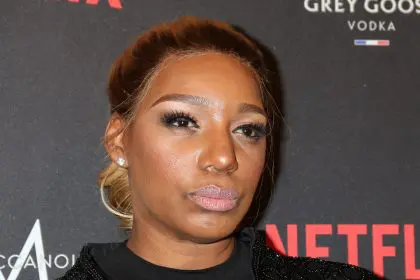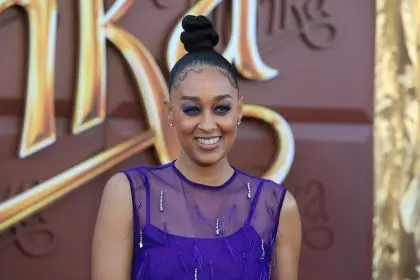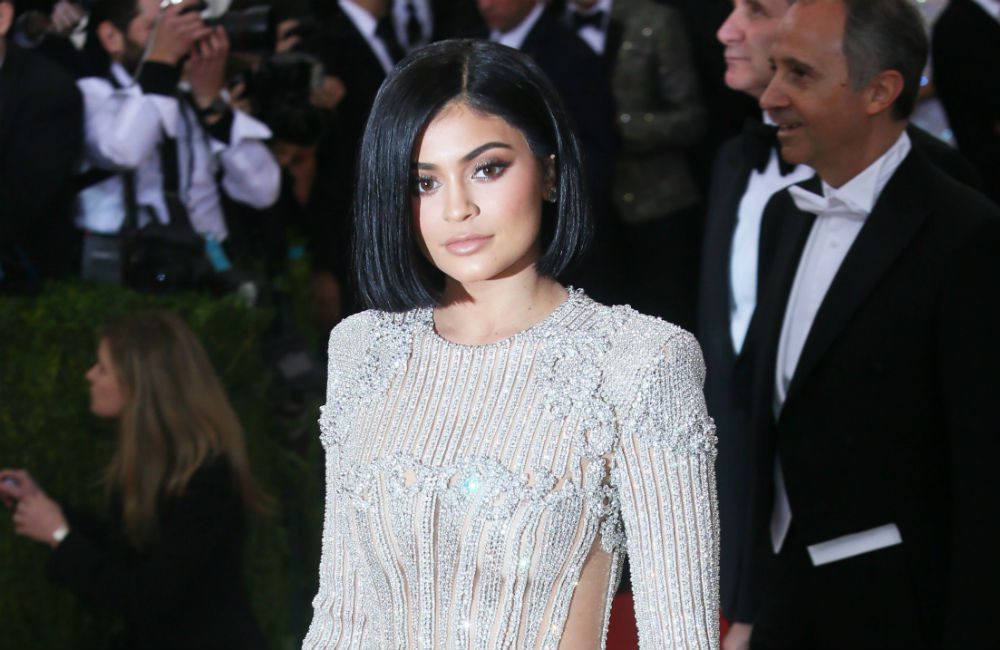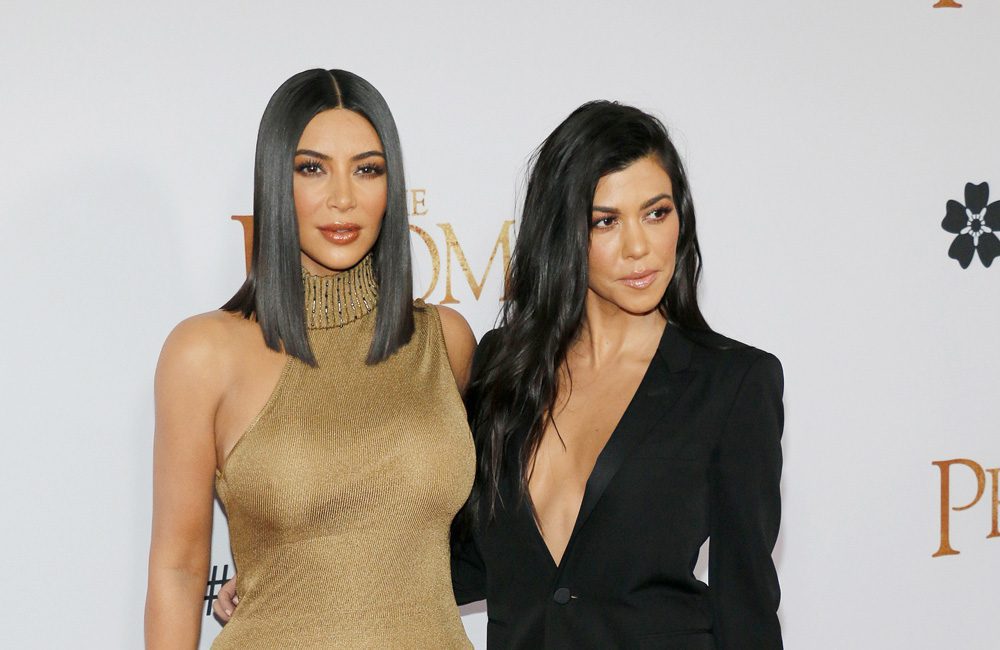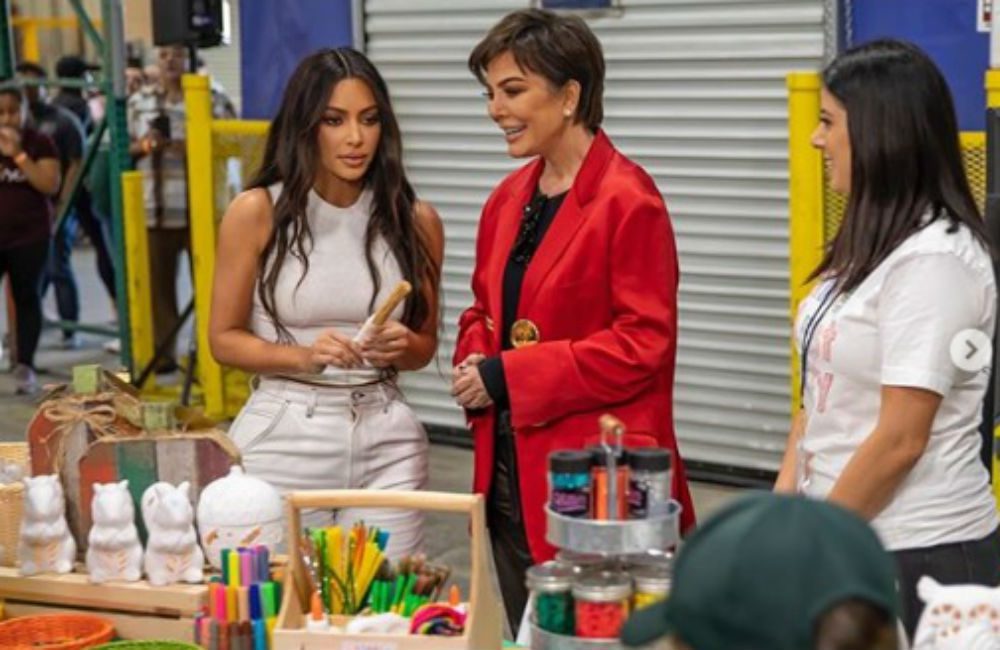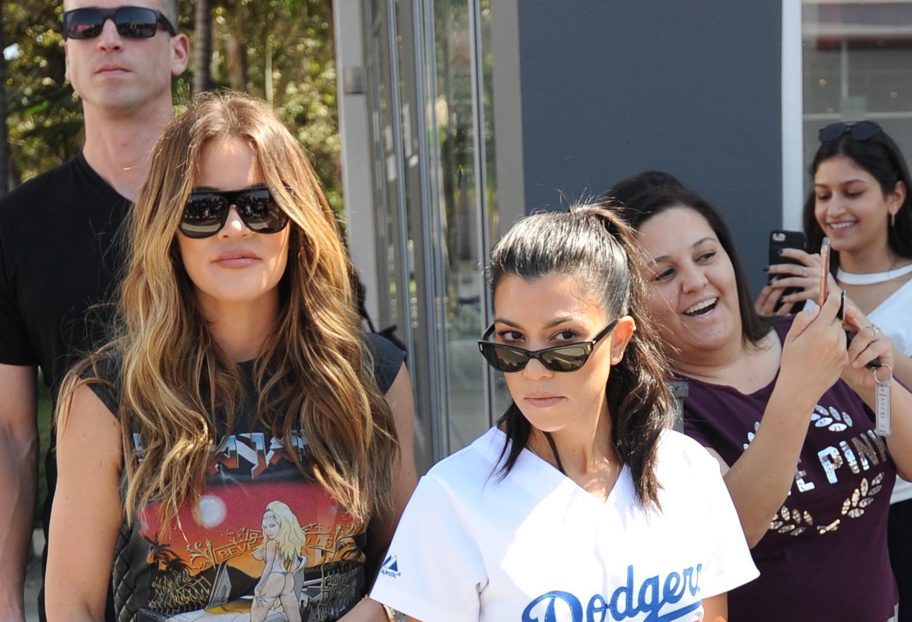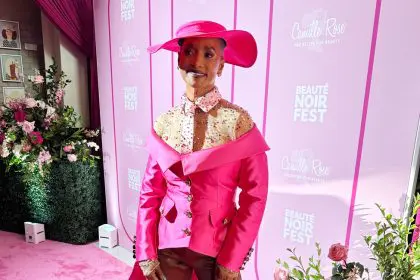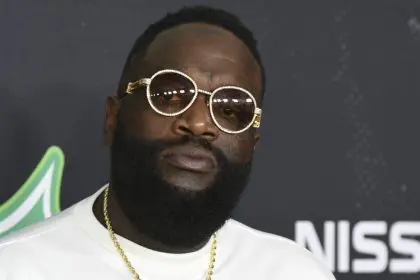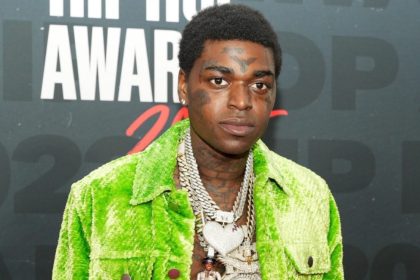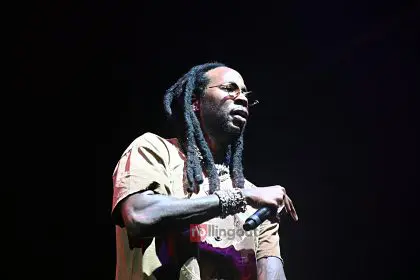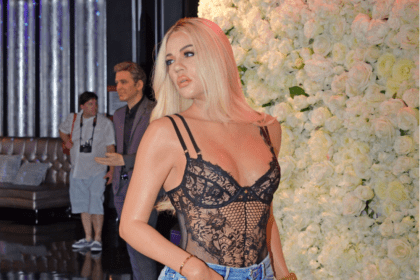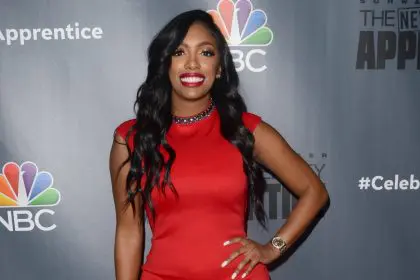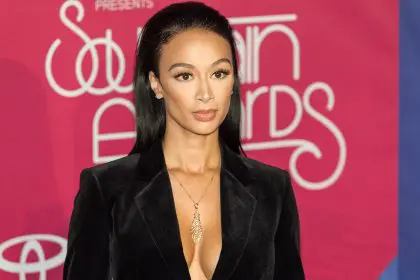 It’s been exactly seven days since VH1’s premiere episode of “Sorority Sisters” aired, and to say that the show caused quite a stir among certain elements of the African American community would be the understatement of the year. The show had not been on for 10 minutes before social media blew up with complaints, rants and diatribes denouncing the show, taking VH1, Mona Scott, and the show’s ‘characters’ to task for depicting Black Greeks in the same way that “Love & Hip Hop,” “Basketball Wives,” and the “Gossip Game” depict the Black community overall.
It’s been exactly seven days since VH1’s premiere episode of “Sorority Sisters” aired, and to say that the show caused quite a stir among certain elements of the African American community would be the understatement of the year. The show had not been on for 10 minutes before social media blew up with complaints, rants and diatribes denouncing the show, taking VH1, Mona Scott, and the show’s ‘characters’ to task for depicting Black Greeks in the same way that “Love & Hip Hop,” “Basketball Wives,” and the “Gossip Game” depict the Black community overall.
After a flurry of activities that included tweets, letters to advertisers and a petition that secured more than 100,000 signatures, corporations including Payless, Cricket Mobile, Sprint, Olive Garden, T-Mobile, Hallmark, Carmex, Coca-Cola, Honda, Crayola, Dominos, Country Crock, JC Penny, JBL Audio, Metro PCS, State Farm, and Ava DuVernay’s movie Selma have all had their ads removed from the show’s time slot. But even still, in the face of what has become a huge firestorm for college educated, Black America, VH1 currently has no plans to cancel the show.
With so much to be said, I decided to talk directly to the rolling out community to get some feedback around the issue. Patricia Toney (community advocate and entrepreneur), Rasharrd McMillan (audio engineer-music producer), Steven Dailey (entrepreneur, father, concerned citizen, member of Alpha Phi Alpha), Charity Israel (blogger at www.lovelivesfree.com), Mya Seals (media professional and blogger at www.myalogy.com), and Dr. Chandra Gill (educator, author, motivational speaker at www.drchandragill.com) were kind enough to share their impressions. Read on….
What do you think about the show “Sorority Sisters?”
Rasharrd McMillan: Not bad, so far!
Synirah Allen: I only watched half the show when it aired, however, what I did see is in line with the gossip mongering, cackling broads — script for Black women — otherwise known as reality TV.
Steven Dailey: If I offered you a glass of water and you asked where I got it from and I pointed to a polluted water source, would you drink it? The answer is probably no. “Sorority Sisters” is a reality show being shown on VH1 … the format hasn’t been good for Black people. Both have consistently portrayed Black people in a negative light … much like Hollywood/rap/media in general. It is for that reason that I didn’t watch the show and why I don’t watch shows like it. Given the uproar, it seems as though I was correct in my assessment.
Charity Israel: I think the show continues to perpetuate the stereotypes of Black Women being catty, ghetto, and hateful towards one another. I feel it missed a great opportunity to be a beacon of light to the rest of the world on how Black women can truly be supportive and loving towards one another.
Mya Seals: I do take issue with the show. It’s no different than any of the other Atlanta based reality shows that do nothing to serve our community or highlight positive attributes. It would be different if they showed, as much as they could, some of the things that go into pledging the sororities.
Chandra Gill: Of course, as a member of a sorority, I’m disgraced by the show. I stand with all in protest of such. But, I must be honest here, I’ve been disgraced! I was a Black woman before I was a Delta woman and perhaps it’s time that we get honest about what we’re accepting in TV land and more. I can’t fairly place a hierarchy on the show’s depiction when the very station that aired it depicts us negatively every other night in some disrespectful and stereotypical way.
Do you think the public backlash is warranted?
Patricia Toney: As a member of Alpha Kappa Alpha Sorority Inc., and because of the legacy and rich history of the “Divine Nine,” any controversy that raises suspicion about the integrity, dignity, esteemed status and sanctity of Black fraternities and sororities is unequivocally unacceptable.
RM: No.
SD: The backlash is warranted, but no more than it should have been for all of the other shows (reality, etc.) portraying Black life (and Black women in particular) in a negative light. The core issue is that life imitates art. The media shapes perception (through images and lyrics), which influences the mind (most importantly, the subconscious which is much more influential than the conscious), and shapes our environment and thus the/our reality. Unfortunately, we can’t have it both ways … wondering why people treat us like less, why we find ourselves chanting, marching and hash tagging “Black Lives Matter” … all the while supporting the ignorance being spread … it’s connected. People will say that it’s just entertainment. However, again, life imitates art. When “The Cosby Show” was on (as well as “A Different World,”) African Americans were going to college in record numbers. Coincidence? No. So what do people think is the affect of 24/7 mainstream, ignorant programming? Poison is poison. It may not kill today, but eventually, it kills. If it (the media) wasn’t so influential, there wouldn’t be so much money in it.
CI: I feel people are tired of shows that do not reflect their reality of personal experiences, which is the fuel behind the backlash. It is warranted because it is telling the media world we are tired of being misrepresented as a community.
MS: The public backlash is only warranted if its against all shows that show us yanking weave and calling each other b——. If not, it appears that it’s only an issue when the chickens come home to roost in your backyard.
CG: My heart says, it’s (been) time out for Black women accepting this imagery of being adulterers, cheaters, backstabbers and gold-diggers with attitude problems. Anybody who works in schools, or with young girls specifically, knows this is a real problem we have on our hands. This imagery is seriously harmful.
What is your take on why there is such an uproar around this show as compared to others?
PT: To quote Rev. Jesse Jackson, Sr., “We should always put dignity before dollars!”
RM: People, especially the well-educated/upper class like to pretend that ‘ratchetness’ does not exist in their world or their class of people … but it does! They just normally do it behind closed doors, with correct grammar and a degree on their wall. But ratchet is ratchet. My father always told me “never give people a stick to hit you with.” Therefore, if we didn’t act that way, we wouldn’t be having this discussion in the first place. We have to point the finger at ourselves first if we don’t like what we see in the mirror, not at the person holding the mirror. I personally don’t focus on the ‘ratchetness’ or the negativity. I focus on the fact that these are intelligent Black women who are facing the every day challenges of pursuing their dreams or goals.
SA: I would imagine that the backlash is coming from a place of trying to protect the reputation of the image of the organization and their idea of “sisterhood.” I also think that the lashing out of this show has much to do with class issues. The organization does not see itself in relationship to the women of “LHH” or the “Housewives.” They would like to imagine themselves more refined in manner and morale than the “other” women. When this kind of separatist thinking is present, it’s easier to detach from the collective (and sisterly) responsibility understanding that “we” (women) are in dire need of some sort of guidance and intervention from our sisters (peers and elders).
CG: It’s time to consult our conscience re: All of these characters being paraded on insulting pedestals of disgrace … all in the name of entertainment. If nothing else, we have a legacy of dignity we have fought so hard to preserve for centuries. [Our young girls], our children deserve a whole lot better than all of this.
SD: I think a concrete, in your face example has caught certain people’s attention. They may be able to relate a little more because an organization they are affiliated with is being represented negatively. The lack of understanding of the affects of how the images of a few affect the group is also part of the problem. People don’t realize that while they may not engage in some of the behaviors (at least publicly) that are shown on other shows with Black Actors/Reality “Stars”, etc., the affect of the programming is indiscriminate. It paints with broad strokes. It is why a Doctor, Lawyer, Professional Athlete, Police Chief, etc, is just as likely to be profiled as a common criminal. In addition, our natural inclination or defense mechanism to disassociate ourselves from the negative – the “those people syndrome” – gives a sense of safety and distance from those images and thus, its effects. Again, unfortunately it doesn’t work like that. Maybe this will help people have a more well rounded view of how these shows indirectly and directly shape our reality.

